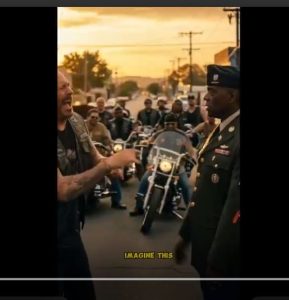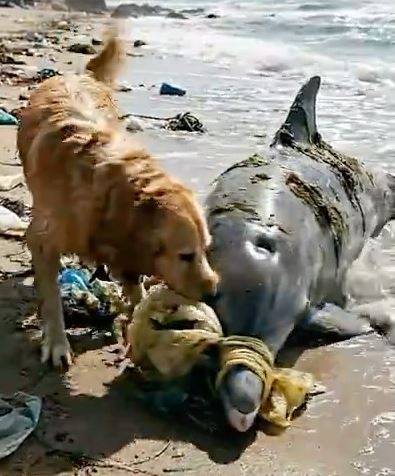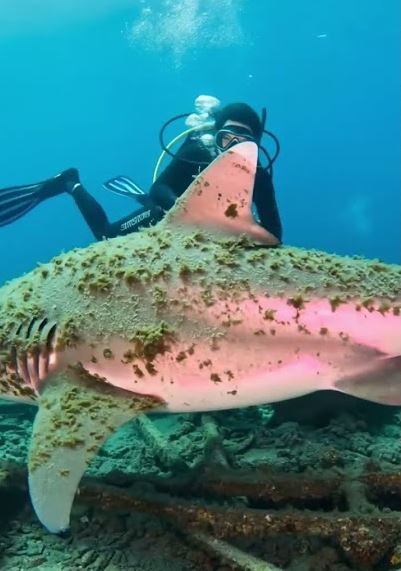It was a typical Saturday morning at Miller’s Diner, the kind of place where the coffee was strong, the bacon crisp, and the regulars came so often that their names were practically carved into the booths. The air smelled of pancakes and maple syrup, mixed with the familiar hum of conversations that filled the busy room.
In the corner, sitting quietly by himself, was an older man named Frank Dalton. He wore a faded Army jacket with a patch on the sleeve and a cap that read Vietnam Veteran. His posture was straight, his eyes calm, and despite his age, he carried himself with a quiet strength that caught the attention of anyone who took the time to look.
The waitress, Marcie, treated him like royalty. She always brought him his favorite—scrambled eggs, wheat toast, and black coffee without him needing to order. The other regulars nodded respectfully as they passed. Frank never demanded recognition, but everyone who knew the town knew who he was and what he’d been through.
But that morning, someone new walked in.
Someone who didn’t understand.
The Insult That Crossed the Line
Ryder leaned over Frank’s booth, towering over him.
“So what’s your story, old man?” he said mockingly. “Still living in the past? Wearing that jacket so people will feel sorry for you?”
The diner went silent.
Forks stopped mid-air. Coffee cups paused halfway to lips. Everyone watched.
Marcie rushed over. “Sir, please take a seat and let the man eat.”
Ryder ignored her.
He reached out and flicked the patch on Frank’s sleeve.
“You think this means something? You think people owe you respect because you fought in some war from a thousand years ago?”
Frank slowly set down his fork.
He looked up at Ryder not angry, not intimidated. Just calm.
“I don’t need anything from you, son,” he said quietly. “Certainly not respect.”
Ryder barked a laugh. “Good. Because you’re not getting any.”
The Story Ryder Needed to Hear
Frank wiped his hands on his napkin and looked straight at Ryder.
“You think this jacket is about pride?” he asked. “About wanting people to bow to me?”
Ryder didn’t answer.
“This jacket,” Frank continued, “belonged to a man named Eddie Marshall. Eddie saved my life during an ambush in ’69. He didn’t walk away. I did. He had a daughter he never got to meet. A wife who waited for a letter that never came. I wear it to remember him. Not myself.”
The diner remained silent, the weight of Frank’s words filling the room.
Ryder’s expression shifted from arrogance to discomfort.
Frank continued, his voice steady and deep.
“Every patch on this jacket represents someone who didn’t come home. Someone who fought, suffered, and sacrifice dnot for praise, not for attention, but because they believed in protecting others. Even people they’d never meet.”
Ryder swallowed hard.
“And every time someone mocks this jacket,” Frank said, “I’m reminded of why we wore it in the first place. So people like you still have the freedom to say whatever you want—even if it’s disrespectful.”




